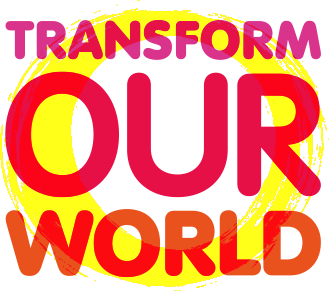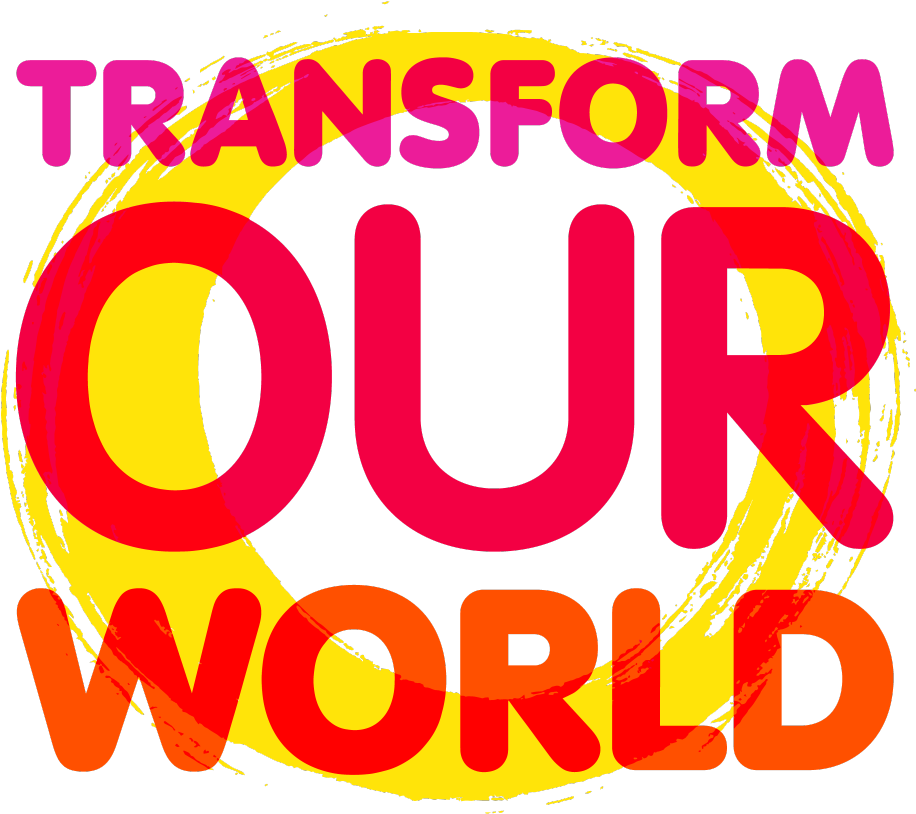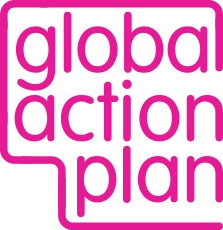CASE STUDIES
Welcome to our collection of case studies! The stories listed below showcase some of the schools across the UK taking action against air pollution. We look forward to sharing more case studies with you as we hear from schools that have completed the framework and implemented their Clean Air Action Plans.
Are you one of these schools? We'd love to hear from you about any of the actions you've implemented - your story could feature here! Get in touch with us at [email protected].
19 schools across Greater Manchester
Challenge:
Over 2,000 schools, nurseries and further education centres in the UK are in air pollution hotspots.
Schools have a very important role to play in tackling air pollution – Children are particularly vulnerable to the impacts of air pollution because their organs and immune systems are still developing. Because of their size, children are also often closer to sources of air pollution, like car exhausts, than adults. It is vital that they breathe clean air while at school, at home and whilst outside.
A recent analysis conducted by Global Action Plan and Queen Mary University of London found that a 50% reduction in air pollution around schools across the UK and Ireland could halve the number of children who have lung function so poor as to affect their everyday lives.

“Airborne” by artist Sarah Stirk is a multimedia project focusing on air pollution’s impact on the health of children in London. It utilises microscopic images of black carbon i.e. particulate matter, in children’s sputum to mark the launch of the Clean Air for Schools Framework and demonstrate the impact air pollution has on children’s lungs.
“Airborne” by artist Sarah Stirk is a multimedia project focusing on air pollution’s impact on the health of children in London. It utilises microscopic images of black carbon i.e. particulate matter, in children’s sputum to mark the launch of the Clean Air for Schools Framework and demonstrate the impact air pollution has on children’s lungs.
Air pollution isn’t just a health issue, it may be affecting children’s ability to learn too.
There are steps we can all take to reduce our exposure to air pollution and young people are often the enthusiastic advocates for change. Teachers too can play a very important part in helping their students to understand the impact of air pollution and in inspiring them to take action on behalf of both the school and their family.
There are actions that teachers, pupils and their parents can do not only within the school environment, but through contact with local MPs and local businesses, to make the air in the city cleaner.

Action:
Global Action Plan, the Philips Foundation, the University of Manchester and 19 schools across Greater Manchester teamed up to tackle air pollution in and around the school as part of the Clean Air for Schools programme. Since October 2019, these schools have been on a journey towards making their indoor and outdoor air cleaner and healthier for the students, teachers and the school community. The programme has engaged with 6,500 students and teachers, and a further 6,000 family members, on the importance of tackling air pollution at schools.
Between October 2019 and March 2020, all 19 schools received:
- a half-day STEM-focused workshop for one KS2 class to explore air pollution provided by an Advanced Skills Teacher and Air Pollution Expert;
- The Clean Air for Schools teaching and learning resource pack full of STEM activities relating to air pollution matched to the 2014 national curriculum and recent Ofsted recommendations;
- 10 free Philips air purifiers, collectively worth over £4,000; and
- a 30-minute training session for teachers for school staff to familiarise themselves with the purifiers.
Data from the purifiers at Russell Scott was collected by the University of Manchester to see what impact the purifiers had on the air quality of the classroom.

Outcome:
Research conducted as part of this programme found that using a purifier over a short period of time can reduce levels of PM2.5 by up to 30% in classrooms.
In response to this, Steve Marsland, Head Teacher of Russell Scott Primary School, said:
"Wow! I knew the Philips Air Purifiers would make a difference to the quality of air in our classrooms but to reduce particulates in the air by almost a third is amazing!"
Research from the University of Manchester also shows us that if we continued with the 40% reduction in air pollution seen during the COVID-19 lockdown, children's ability to learn could improve by the equivalent of 6-7 weeks of school. When Zoe Hopkins, teaching assistant at Medlock Primary School, another Clean Air School, heard of the impact air pollution can have on a child's ability to learn, she said:
"I am not surprised that the improvement in air pollution is as much as 40%. This goes to show that having a few weeks of less movement and less car pollution can improve the air quality. The reduction in traffic was very noticeable as I live and work in a busy area. This only goes to show that walking more and using the car less can improve air quality over a relatively short amount of time." [awaiting more]
"As school children continue to settle into classrooms this autumn, we have a once in a generation opportunity to tackle poor air quality head on. It is vital we take immediate action to protect public health from significant future health crises, which ongoing research shows can be worsened by air pollution in a patient with underlying respiratory issues. Setting long-term targets for emissions is welcome but we cannot wait another 20 or 30 years for proposed targets to take effect. Doing so would compromise the health of the most vulnerable communities for decades to come – which crucially includes our children."
Mark Leftwich, Director, Personal Health, Philips UK and Ireland
Getting started…
The Education and Skills Funding Agency has produced guidance on indoor air quality, including filtration, in schools.
Take a look at page 23 of the Mayor of London's 'Toolkit of Measures to Improve Air Quality at Schools' for advice on air filtration systems.
While air purifiers and air filtration systems may help to improve the air quality in your classroom, it is important that we primarily take action to prevent air pollution entering the classroom in the first place.
The Clean Air for Schools teaching and learning resource pack is a collection of 7 lesson plans that are designed to be cross curricular and flexible, allowing you the opportunity to delve deeper into the mathematics, language and science aspects of learning about air pollution in your school.
Contact
If you would like to know more about Transform Our World, or any of our programmes, please get in touch.
Thank you for submitting your enquiry! We are currently receiving a large number of enquiries and are trying our best to get back to people as soon as possible. In the meantime, you might find one of the following links helpful:
Access catch up content from the Transform Our World Youth Summit
As a Transform Our World user, you can access the content from the Transform Our World Youth Summit and catch up on the content across three themed days, looking at individual actions we can do, people in power we can influence and the importance of living our true values.
Follow the links below and check out the timestamp guide to navigate the content.
- Are you a teacher? Learn about how to use the website here.
- Looking for teaching resources? You can find our collection of highly-rated resources here.
- Looking for something more long-term? Check out our featured programmes here.
- Want to see what other schools have been up to? Have a read of some case studies here.
- Alternatively, take a look at our FAQs and About pages as they might help to answer your question(s).
All the best,
The Transform Our World team

is brought to you by


